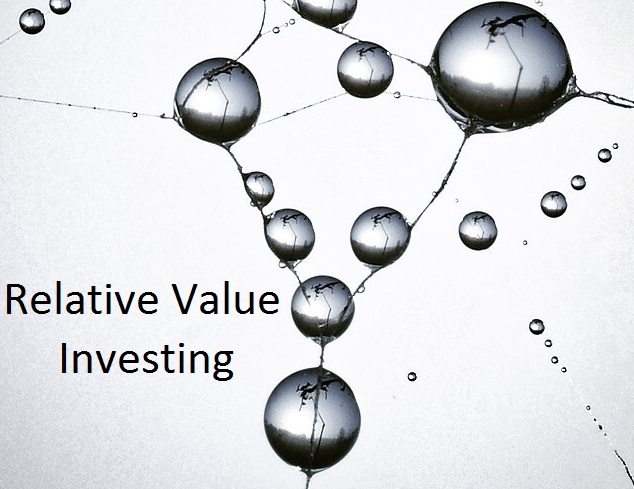"I'll tell you something for nothing"
Here’s a quote from Thinking, Fast and Slow, the awesome book by psychologist Danny Kahneman.
It details a famous study done by University of Pennsylvania professor Philip Tetlock:
‘Tetlock interviewed 284 people who made their living commenting or offering advice on political or economic trends. He asked them to assess the probabilities that certain events would occur in the not too distant future, both in areas of the world in which they specialised and in regions about which they had less knowledge.
‘In, all, Tetlock gathered around 80,000 predictions. Respondents were asked to rate the probabilities of three alternative outcomes in every case, the persistence of the status quo, more of something such as political freedom or economic growth, or less of that thing.
‘The results were devastating. The experts performed worse than they would have if they simply assigned equal probabilities to each of the three potential outcomes. In other words, people who spent their time, and earn their living studying a particular topic, produce poorer predictions than dart throwing monkeys who would’ve distributed their choices evenly over the options.’
When financial markets increase in volatility many will surmise that dart-throwing monkeys would have had a better chance of predicting market moves more accurately than most television pundits. It just goes to show why you need to take any expert’s ‘opinion’ with a big grain of salt.
I occasionally get questions asking whether my investment models are in the game of predictions. The answers to this question is ‘yes’ and ‘no’. I approach markets with the mentality that no one can predict the future accurately all the time, or even much of the time.
The answer for me is use a statistical, quantitative model of likely market outcomes. That is I take my experience and model the observations into an outcome profile. In managing an investment portfolio this means not putting everything on a red or black outcome. It means creating a strategy to deal with any outcome, rather than hoping you’ve picked the right one.
When times are good some fund managers will tell you that they have an edge because of such and such a way that they do things. They are ‘unique’. In all likelihood this is a fairy-tale because as soon as a bear market hits, this portfolio will probably be in as much trouble as the general market.

